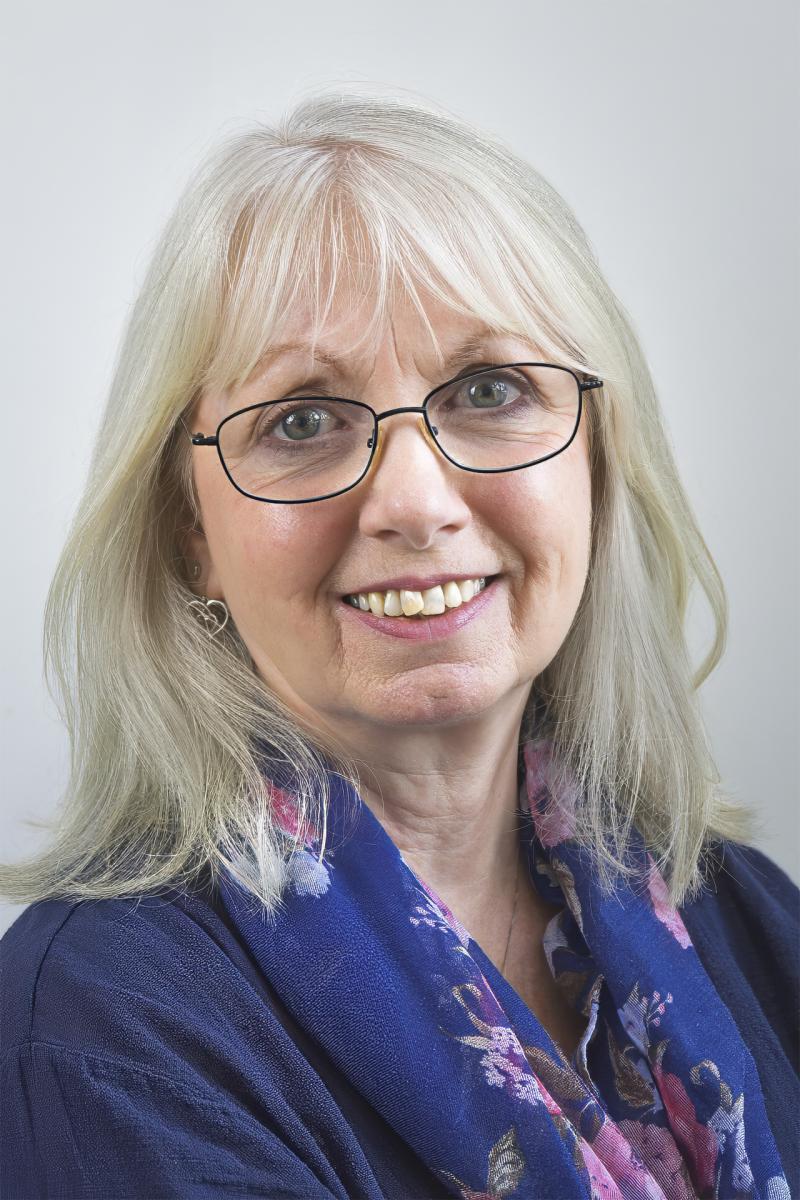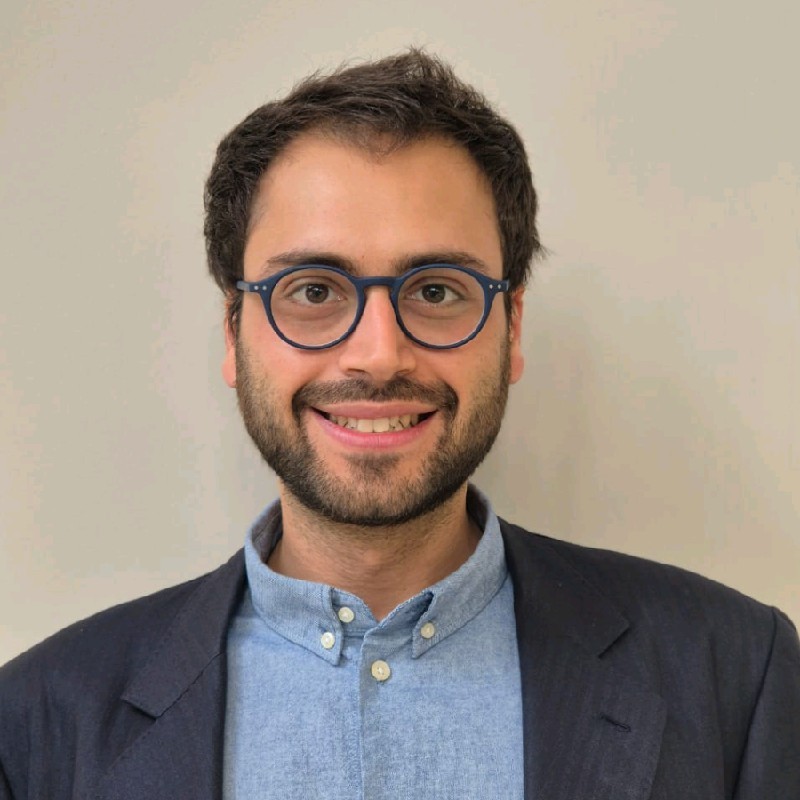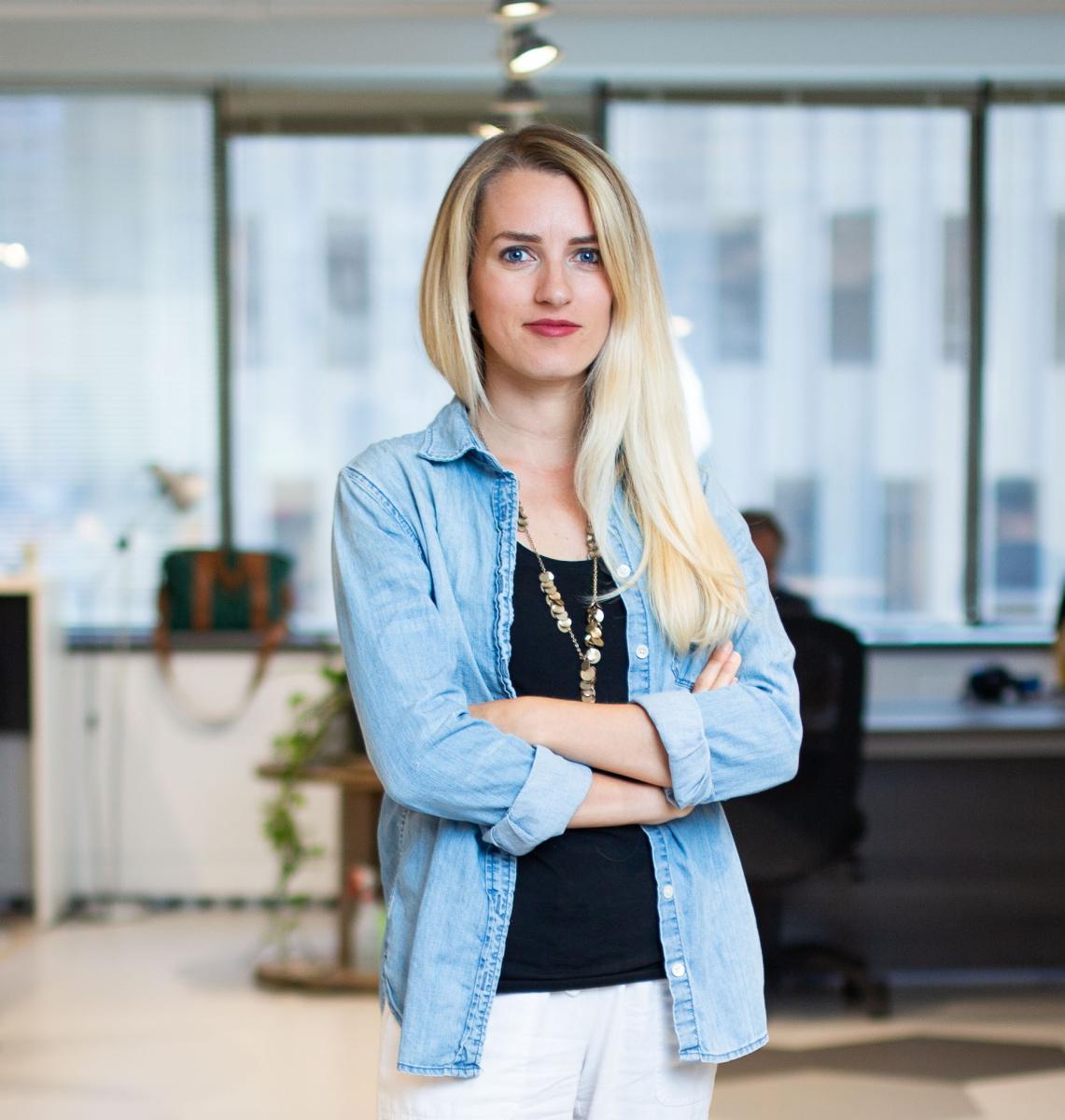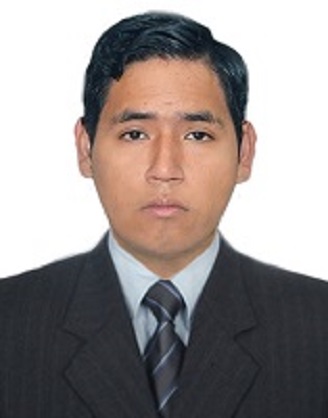The First Caribbean Vegan Conference, co-hosted by Dr Jeanette Rowley for The Vegan Society and Lalu Hanuman, founder and trustee of the Caribbean Vegetarian and Vegan Charity, is the first of its kind in the region to focus on veganism and the legal protection of vegans
 The conference takes place on Saturday 25 October 2025 at The Courtyard Marriott in Barbados.
The conference takes place on Saturday 25 October 2025 at The Courtyard Marriott in Barbados.
International Rights Network members from Peru, Brazil, Canada and the UK will join Barbados-based lawyer, Lalu Hanuman, to discuss the legal protection of vegans.
Members of The Vegan Society’s International Rights Network will also offer their support by attending a court hearing on 27 and 28 October at the Supreme Court, Bridgetown, Barbados, involving a vegan client who was denied a vegan diet while in detention on the island.
The case is well grounded. International Human Rights law recognises that the human right to freedom of thought, conscience and religion is far-reaching and profound and protects qualifying religious and philosophical beliefs and convictions equally. The Commission of the European Court of Human Rights recognised that the convictions of vegans fell within the legal meaning of Article 9 (the human right to freedom of thought, conscience and religion) in 1993, and vegans are protected from discrimination in various jurisdictions, including in the UK, Denmark, Italy and Germany. In addition, the human right to adequate and acceptable food recognises ethical convictions and there is a well-established and implemented international legal principle that a person’s chosen diet can be a direct expression of their beliefs and conscience. These principles are particularly important in contexts where individuals are in the care and control of state bodies.
Conference Speakers
Opening the conference:
The Honourable Mr Justice Leslie Francis Haynes, S.C., Chief Justice of Barbados.
Opening the afternoon session:
Her Worship Angela Knight, Magistrate.
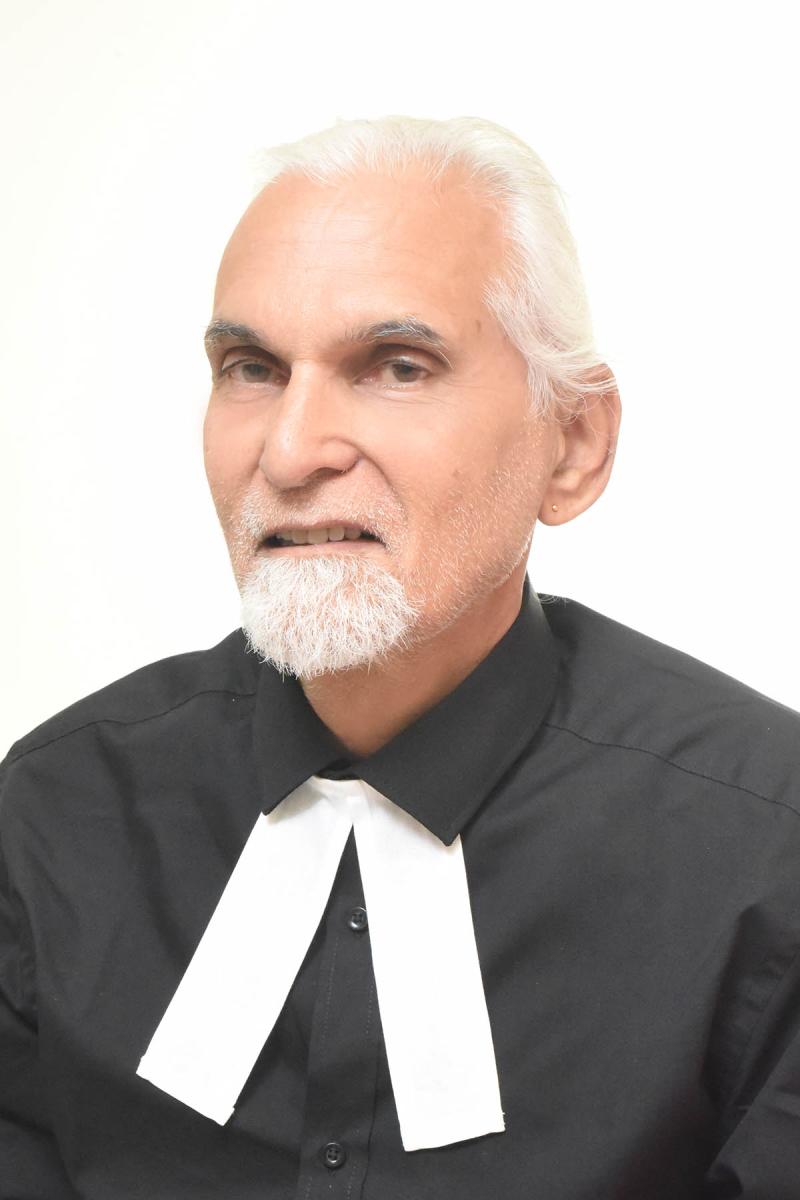
Barbados-based Lalu Hanuman has been on a plant-based diet for some 55 years and a vegan for 34 years, for animal rights reasons. He is a founder and trustee of the Caribbean Vegetarian-Vegan Charity. He has been involved in environmental initiatives for many years, both in the Caribbean and in England, including being the chairperson of the Guyanese campaign group Campaign Against Toxic Waste Importation Into Guyana. He successfully lobbied the Guyanese Government to adopt a REDD scheme to preserve rainforests, was a local Government election candidate in London for the Green Party, and initiated the annual “Canal Bridge Green Fayre” in London. He also served as secretary for the UK-based “Karibbean Independent Trust for Ecology” (KITE), and is a former director and current trustee of the Barbados Marine Trust. He is a lawyer by profession, and currently resides and works in Barbados.
Lalu holds a BA in Law from the University of Westminster and is a member of the Inner Temple in London. He has a postgraduate diploma in Social Anthropology from the University of London, a postgraduate diploma in Development Studies from the University of East Anglia and a master’s degree in Peace and Reconciliation from the University of Coventry. He was granted the civic award of the Freedom of the London Borough of Southwark for his voluntary work in London and was the chairperson of the Barbados Bar Association’s Human Rights Committee.
Lalu has published three books: Curbing Gangsterocracy: International Law and Development, Reality Check, and a children’s book, My Brother Was a Crow. He is currently bringing a constitutional motion on behalf of an imprisoned vegan client who has been denied a vegan diet while on remand in Barbados.
Talk 1. Veganism in Barbados and The Work of the Caribbean Vegan and Vegetarian Charity
This talk will explore the roots and development of the Caribbean Vegan and Vegetarian Charity.
Talk 2. (With Empress Nyah Jones) Inyah Iroyal Jones v Superintendent of Prisons & Attorney General CIV0186/2023 (Forthcoming Constitutional Motion, Supreme Court of Barbados)
This talk explains the forthcoming constitutional motion brought by Lalu in the Supreme Court of Barbados on 27 and 28 October. Lalu will be joined by the mother of the detained vegan, Empress Nyah Jones.
Dr Jeanette Rowley holds a PhD in law and is a consultant to The Vegan Society. She founded the International Vegan Rights Alliance in 2012 and has spearheaded the campaign for vegan rights for over a decade. She is known for educating the vegan community about various laws that can be used to defend a vegan’s right to live with compassion, free from unlawful interference and discrimination. She manages The Vegan Society’s rights and advocacy service and has been involved in legal cases in the UK, Canada, Norway and Peru. She has also intervened in cases at the European Court of Human Rights and advocated for the rights of vegan children to the United Nations Committee on the Rights of the Child. She founded and chairs The Vegan Society’s International Rights Network and has published widely on vegan rights issues, including her latest publication Seeds of Change: The International Vegan Rights Alliance and the Vegan Rights Revolution (Bloomsbury, 2024), and Law and Veganism: International Perspectives on the Human Right to Freedom of Conscience (Lexington, 2022).
On behalf of The Vegan Society, Jeanette delivers workshops and seminars and hosts and co-hosts conferences around the world on the legal protection of vegans.
Jeanette also qualified in Teaching and Learning in Higher Education and as a Fellow of the Higher Education Academy. She recently introduced The Vegan Society’s education function to defend and protect vegans in education. She supports employers to accommodate the needs of vegans in the workplace and is the Head of Assessments at the Vegan Inclusion Co.
Talk 1. The Vegan Society’s International Rights Network and The Campaign for Vegan Rights
This talk explains the historical development and activities of the Vegan Society’s International Rights Network and the background to the campaign for vegan rights.
Talk 2. The Legal Protection of Vegans in the UK and the Experiences of Vegan Detainees
This talk is an insightful exploration of vegan experiences of unfair treatment and discrimination and the support and guidance offered by The Vegan Society’s advocacy service. It highlights reports received from imprisoned vegans and explains the work of The Vegan Society to provide information and support to detained vegans. The presentation provides valuable information for the development of vegan advocacy and important insights to support legal professionals and policymakers working in the field of anti-discrimination.
Emily is a Registered Dietitian currently working for The Vegan Society. Her professional background includes several years working for the National Health Service, during which she specialised in renal and research dietetics. She has been a long-term advocate for the benefits of a plant-based diet in the management of chronic health conditions.
In her current role, Emily is involved in communicating evidence-based nutritional guidance across various settings, which includes the creation of resources, undertaking educational outreach and publishing articles on vegan nutrition. She firmly believes that the One Health Approach to nutrition, which recognises the interconnected nature of human and non-human animals in our shared environment, is imperative to effective, sustainable and ethical healthcare.
Talk 1: A Balanced Vegan Diet: with Considerations for the Prison Population
This talk will touch on common misconceptions about a vegan diet that can act as barriers to the implementation of balanced plant-based menus in public sectors, before moving on to cover the cornerstones and health benefits of a balanced vegan diet.
Additional nutritional considerations for vegan prisoners will be discussed throughout, equipping attendees with an understanding of the importance of fair access to a balanced, ethically congruous diet for this population group.
Talk 2: The Vegan Society's Prison Menu Project: Ensuring Fair Access to a Balanced Diet
This talk focuses on the nutrition advocacy work of The Vegan Society in the prison sector. Attendees will learn more about the barriers vegan prisoners face when it comes to accessing a nutritious and balanced diet, the obligations of the prison system with regard to ethical and religious dietary practices, and the development of the example vegan menu now in place for vegans in prison across England and Wales.
The session will also cover ongoing support provided by The Vegan Society to both prisoners and catering systems, a look at the real-world impact of our advocacy work and future plans for the prison food project.
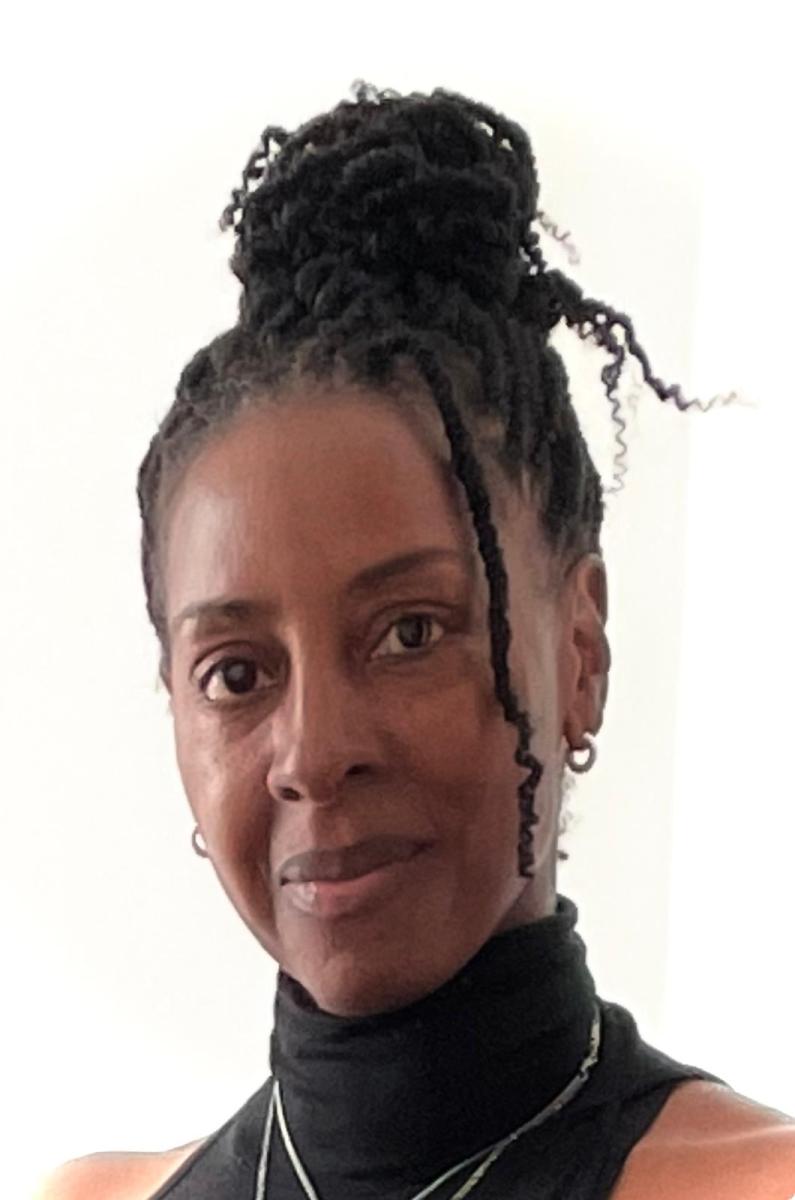
Cheryl Haynes is a certified Holistic Practitioner who integrates nutrition, movement and mindfulness to help clients enhance their overall well-being and manage various health conditions. As a herbalist with over 20 years of experience, she works with clients both remotely and in person, offering personalised guidance for sustainable wellness.
Cheryl has participated in numerous retreats and health talks, sharing her insights on natural healing and holistic living. She is currently developing a UK-based wellness program designed to support individuals in healing from substance abuse through natural, restorative methods.
Since relocating to Barbados, Cheryl has focused on studying the island’s rich variety of local herbs and botanicals, with the goal of creating a comprehensive database of indigenous plant knowledge for therapeutic and educational use.
Talk: Plant-Based Nutrition in the Caribbean Context: A Focus on Barbados
This talk will explain how cultural Caribbean meals can be veganised to meet vegan nutritional standards and how they might be incorporated in prison catering easily.
Marcelo Daidone Chalita is a lawyer with a Law degree from the Pontifical Catholic University of São Paulo (2018) and a Postgraduate Specialization in Criminology from the Brazilian Institute of Criminal Sciences (2022), where he focused on Animal Criminology. He holds an LL.M. in Animal Law (2023–2024) from Lewis & Clark Law School in the United States.
He has professional experience in Animal Law and has provided pro bono legal consultancy for Animal Equality in Brazil and the UK. He is a member of LACLIMA (Lawyers for Climate Action in Latin America), an international member of The Vegan Society (UK), and completed the course Climate Emergencies, Human Rights, and Animal Rights at the University of São Paulo Law School (2022).
Marcelo has also authored and filed a Public Civil Action for the protection of sharks in Brazil on behalf of Sea Shepherd Brazil.
Talk 1. Protecting Vegans Under the Constitution of Brazil
This talk explores how constitutional guarantees of freedom of conscience and non-discrimination could potentially extend protection to vegans in employment, education and service provision. Through comparative analysis with international precedents and strategic legal interpretation, we’ll identify existing protections and emerging opportunities for protecting vegans from discrimination within Brazil’s legal system. The presentation offers practical insights for advocates, legal professionals, and policymakers working at the intersection of animal protection, constitutional rights and anti-discrimination law.
Talk 2. Intersecting Issues. The Cost of Meat in Brazil: Environmental Destruction, Human Exploitation, and the Vegan Solution
Brazil, home to the Amazon rainforest and some of the world’s richest biodiversity, is also one of the largest exporters of meat. Yet behind this global market lies a devastating reality. The expansion of the meat industry in Brazil is directly linked to widespread deforestation, greenhouse gas emissions, loss of wildlife and water contamination. At the same time, communities in rural areas face displacement, indigenous peoples are threatened, and workers often endure exploitation and modern slavery in slaughterhouses and supply chains.
This talk will uncover these hidden costs of meat production, showing how the industry fuels both environmental destruction and human suffering. It will also highlight the urgent need for systemic change and how shifting to a vegan diet – based entirely on plant products – presents a tangible and powerful solution. Finally, it will explore how collective action, from grassroots advocacy to legal strategies, can help protect ecosystems, uphold human rights, and promote a more sustainable and compassionate future.
Camille Labchuk is an animal rights lawyer and the executive director of Animal Justice – Canada’s leading animal law organization. For over 15 years, she has worked to transform how Canada sees and treats animals, winning major victories like a national ban on whale and dolphin captivity, and striking down dangerous ag-gag laws in court.
Camille has advocated for animals in courtrooms across the country, including the Supreme Court of Canada, testifies before legislative committees, writes for national outlets like the Globe and Mail and Toronto Star and speaks widely on animal law. Camille has long championed legal protections for ethical vegans, and has written on and litigated this topic since she was a law student.
She holds degrees from the University of Toronto Faculty of Law and Mount Allison University, and is a Fellow at the Oxford Centre for Animal Ethics.
Talk. Vegan Rights in Canada: Fighting Back When the Deck Is Stacked
This presentation explores the evolving legal landscape for vegan rights in Canada, through the lens of the landmark case of Adam Knauff – a firefighter denied access to vegan food while battling wildfires. Using this case as a foundation, the session will examine the legal protections available to ethical vegans, with a particular focus on Ontario’s human rights framework. It will also delve into the systemic barriers and biases that ethical vegans face when seeking fair treatment within Canadian legal institutions and what it takes to advance justice when the deck is stacked against a marginalized belief system.
Isaac Aarón de Santiago Peña Lobato holds a Bachelor of Laws from Antonio Ruiz de Montoya University (UARM) and has also studied at the University of Deusto (Bilbao). He is currently a lawyer in the Constitutional Law and Indigenous Peoples department at the Institute for Legal Defense (IDL) and the co-founder of Animal Law in Peru (DAP). He is also a member of The Vegan Society’s (UK) IRN and a graduate of the Constitutional Law Workshop at the National University of San Marcos. He has written articles and given talks on animal rights.
Talk: Strategic Constitutional Litigation in Defense of the Vegan Community: The Case of Florian & Santos vs. the National University of San Marcos
The case is a constitutional protection lawsuit (amparo) initiated by two students against the National University of San Marcos due to the lack of suitable options for vegans in the university dining hall. The students allege the violation of their fundamental rights to equality, freedom of conscience, food and the free development of personality, as well as a threat to their rights to health and education.
Consequently, they request that veganism be recognised as an ethical principle protected under the constitutional right to freedom of conscience. They also ask for the inclusion of a vegan option on the university menu, approved by a nutritionist specialising in plant-based diets, and the creation of a registry for vegan students.
The objective is to demonstrate how the case seeks to set a precedent that extends beyond this specific situation. The recognition of veganism’s protection under freedom of conscience empowers and strengthens the demands of the vegan community before the State. This case highlights the broader issue of access to vegan food in educational institutions.
Qian Zephaniah is the widow of The Vegan Society’s former ambassador, the much-missed writer, poet and vegan campaigner, Benjamin Zephaniah, whose father was from the Caribbean. Qian will speak of the connection between Benjamin’s Rastafari faith, his Caribbean heritage and his ethical beliefs and offer a message of support for the rights of detained vegans.
Conference Timetable
|
First Caribbean Vegan Conference: Veganism and Legal Issues |
|
|
08:30–09:00 |
Registration, Refreshments and Networking |
|
09:00–09:05 |
Housekeeping |
|
09:05–09:15 |
Opening the Conference: The Honourable Mr. Justice Leslie Francis Haynes, S.C., Chief Justice of Barbados |
|
09:15–09:30 |
Lalu Hanuman (Barbados): Veganism in Barbados and The Work of the Caribbean Vegan and Vegetarian Charity |
|
09:30–09:50 |
Dr Jeanette Rowley (UK): The Vegan Society’s International Rights Network and the Campaign for Vegan Rights |
|
09:50–10:00 |
Questions and Discussion |
|
10:00–10:35 |
Lalu Hanuman and Empress Nyah Jones: Inyah Iroyal Jones v Superintendent of Prisons & Attorney General CIV0186/2023 (Forthcoming Constitutional Motion, Supreme Court of Barbados). |
|
10:35–10:55 |
Questions and Discussion |
|
10:55–11:15 |
Morning break. Group photo |
|
11:15–11:35 |
Dr Jeanette Rowley (UK): The Legal Protection of Vegans in The UK and the Experiences of Vegan Detainees. |
|
11:35–11:45 |
Questions and Discussion |
|
11:45–12:05 |
Emily Angus (UK): A Balanced Vegan Diet: Considerations for the Prison Population |
|
12:05–12:15 |
Questions and Discussion |
|
12:15–13:25 |
Lunch. Videographer Interviews |
|
13:25–13:35 |
Opening the Afternoon Session: Her Worship Angela Knight, Magistrate |
|
13:35–13:55 |
Emily Angus (UK): The Vegan Society's Prison Menu Project: Ensuring Fair Access to a Balanced Diet |
|
13:55–14:05 |
Questions and Discussion |
|
14:05–14:25 |
Cheryl Haynes (Barbados): Plant-Based Nutrition in the Caribbean Context: A Focus on Barbados |
|
14:25–14:35 |
Questions and Discussion |
|
14:35–14:55 |
Marcelo Daidone Chalita (Brazil): Protecting Vegans Under the Constitution of Brazil |
|
14:55–15:05 |
Questions and Discussion |
|
15:05–15:25 |
Afternoon Break |
|
15:25–15:45 |
Camille Labchuk (Canada): Vegan Rights in Canada |
|
15:45–15:55 |
Questions and Discussion |
|
15:55–16:15 |
Isaac Aarón de Santiago Peña Lobato (Peru): Strategic Constitutional Litigation in Defense of the Vegan Community: The Case of Florian & Santos v. the National University of San Marcos |
|
16:15–16:25 |
Questions and Discussion |
|
16:25–16:45 |
Marcelo Daidone Chalita (Brazil): Intersecting Issues. The Cost of Meat in Brazil: Environmental Destruction, Human Exploitation, and the Vegan Solution |
|
16:45–16:55 |
Questions and Discussion |
|
16:55–17:05 |
Closing message from Qian Zephania |
|
17:05–17:15 |
Conference Close: Lalu Hanuman |
Map
The venue for the conference is Courtyard by Marriott Bridgetown, Barbados
https://what3words.com/annotated.until.motels
Catering
Refreshments on arrival and during conference breaks and vegan lunch will be provided by Courtyard Marriott.
Dietary Requirements
Please let us know if you are attending the conference and have specific dietary requirements.

